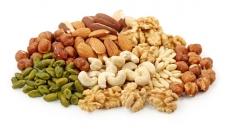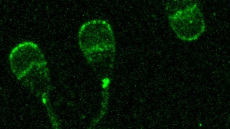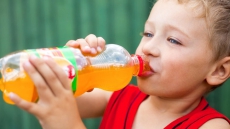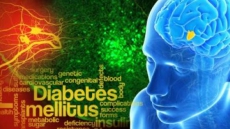CHICAGO — Too many U.S. infants sleep with blankets, pillows or other unsafe bedding that may lead to suffocation or sudden infant death syndrome, despite guidelines recommending against the practice. That's according to researchers who say 17 years of national data show parents need to be better informed.
THE STUDY
Researchers from the National Institutes of Health and federal Centers for Disease Control and Prevention analyzed annual telephone surveys involving a total of nearly 20,000 parents. Almost 7 out of 8 used blankets or other soft bedding for their infants in 1993. That dropped sharply over the years but by 2010, more than half still were doing so. The practice was most common among young mothers, blacks and Hispanics. The study was published Monday in Pediatrics.
THE ISSUE
Accidental suffocation in bed, though uncommon, is the leading cause of injury-related deaths in infants. While SIDS deaths have declined in recent years, they still totalled about 2,000 in 2010. Meantime, the suffocation rate doubled from 2000 to 2010, when about 640 infants died from accidental sleep-related suffocation, government data show. For more than a decade, the American Academy of Pediatrics, the NIH and safety experts have warned parents against using soft bedding in infants' cribs, either over or under the baby. That includes blankets, quilts, cushiony crib bumpers, pillows and soft toys.
That doesn't mean letting babies freeze; safe sleepwear is advised, including one-piece sleepers, and keeping the room at a comfortable temperature.
SLEEP SAFETY CAMPAIGNS
The decline in SIDS deaths is often attributed to the government's Back to Sleep campaign emphasizing the importance of placing babies to sleep on their backs, not stomachs. To encompass other sleep-related risks, too, including suffocation, the National Institute of Child Health and Human Development and its partners renamed the effort the "Safe to Sleep" campaign in 2012. Safe practices include having babies sleep alone in cribs or bassinets, not on couches, water beds or sheepskin.
These infant deaths "are tragic and they're just not necessary," said study co-author Marian Willinger, a SIDS expert at the National Institute of Child Health and Human Development.




